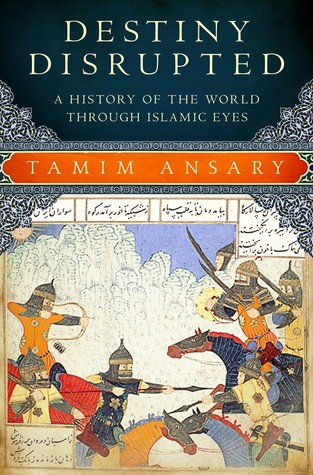More on this book
Community
Kindle Notes & Highlights
by
Tamim Ansary
Read between
July 9 - July 16, 2023
The same questions began to bombinate with new urgency for me too.
All this came at a price however, the usual price of stability, which ensures that whatever is the case one day is even more the case the next day. The rich got richer. The poor increased in numbers. Cities with magnificent architecture sprang up, but so did vast slums sunk in squalid poverty. Justice became a commodity that only the rich could afford.
Mongols could ride their horses for days and nights on end, sleeping in the saddle and taking nourishment from veins they opened on their horse’s necks, so that after sacking one city they might suddenly appear at some distant other city so fast they seemed almost to have supernatural powers.
Today, it’s called Shari Gholghola—the City of Shrieking, and all you see there now is a heap of rubble and mud and stones.
A short time later, two Fedayeen (suicidal Assassin agents) disguised as monks tried to kill Hulagu—and failed. They might as well have tried to pluck out the man’s beard. The cult that could kill anyone met the army that could kill everyone.
Killing reformers, however, could not kill the hunger for reform.
Forget the battle of Lepanto. Forget the failed siege of Vienna. Ultimately, it was traders, not soldiers, who took down the Ottoman Empire.
When people have no role except to provide access, however, they have no power except to deny access.
In short, Persia ended up with European Christians helping Safavid kings clamp down on Muslim religious scholars who were closely tied to the masses: obviously a formula for trouble.
it’s always harder to ignore a rock you’re under than a rock you’re on.
No, people said, “Nice goods, where can we get some?” Because it’s pointless to reinvent the wheel when the wheel is already sitting on the shelf, priced to move.
folks saw the lending of money in the context of charity, not of business: it was something one did when a neighbor got into trouble and needed help. Seen in that framework, charging interest on a loan smacked of exploiting somebody’s misery to get rich.
Indirectly, this understanding partnered the United States with the Wahhabi clerical establishment and made American military prowess the guarantor of the Wahhabi reform movement.


